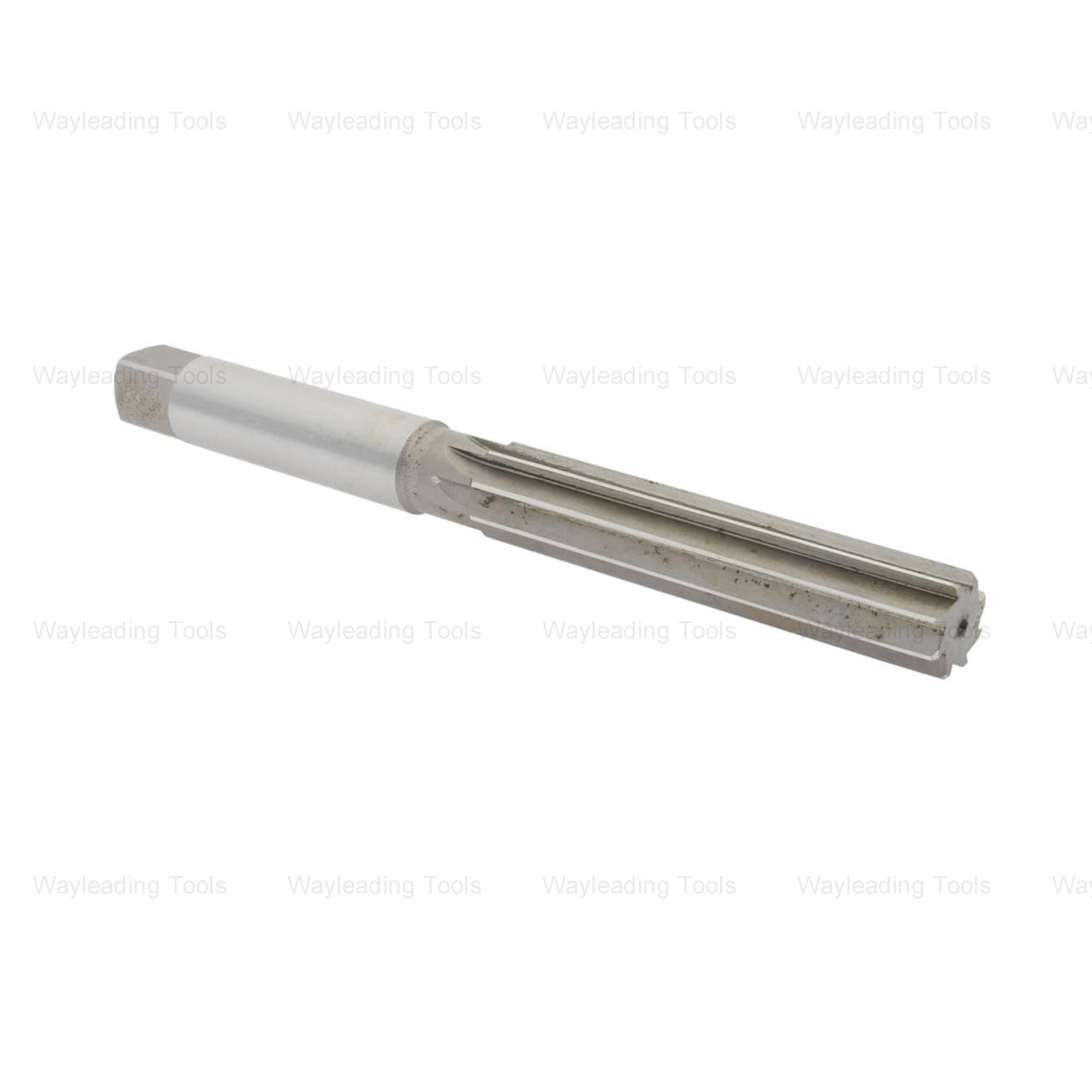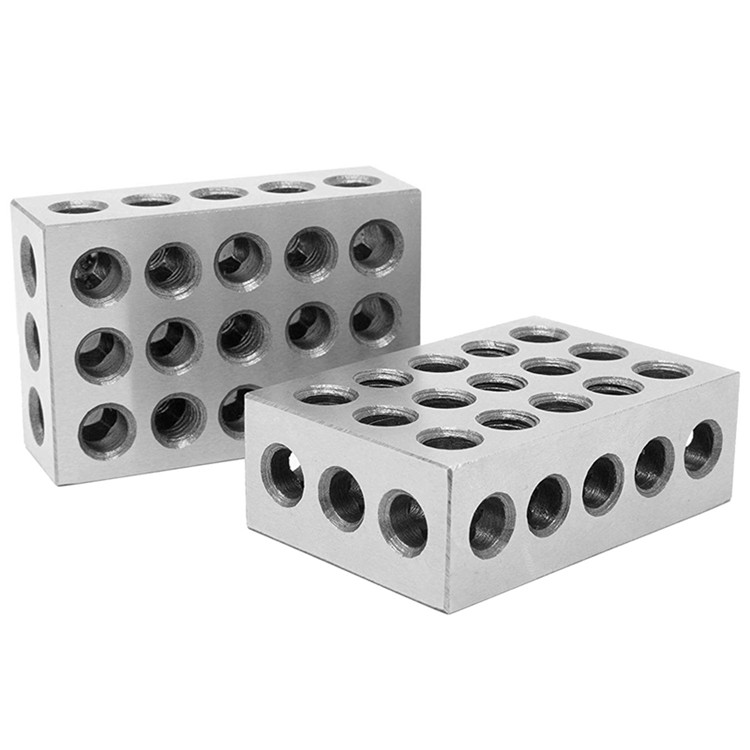Round Die Factory
A round die factory specializes in manufacturing high-quality, precision-engineered round dies used for creating external threads on various materials. These dies are crucial for industries requiring accurate and reliable threading solutions, offering a cost-effective and efficient method for thread production. This guide explores the key aspects of round die factories, the types of dies they produce, factors to consider when choosing a supplier, and the applications they serve.
Understanding Round Dies and Their Manufacturing
Round dies, also known as button dies or circular dies, are essential tools for cutting or forming external threads on cylindrical workpieces. A reputable round die factory employs advanced manufacturing processes to ensure precision and durability.
Types of Round Dies
Round die factories produce a variety of round dies to cater to different threading requirements:
- Solid Round Dies: Single-piece construction, suitable for general-purpose threading.
- Adjustable Round Dies: Feature an adjusting screw to fine-tune the cutting diameter, useful for achieving specific thread fits.
- Split Round Dies: Allow for slight adjustment in diameter, offering versatility in threading applications.
- Hexagon Rethreading Dies: Designed for repairing damaged threads on nuts and bolts.
The Manufacturing Process
The typical manufacturing process in a round die factory involves several key steps:
- Material Selection: High-speed steel (HSS) or alloy steel is chosen for its hardness and wear resistance.
- Machining: The die blank is precisely machined to the desired dimensions and thread profile.
- Heat Treatment: The die is hardened and tempered to achieve optimal strength and durability.
- Thread Grinding: Precision grinding ensures accurate thread form and finish.
- Inspection: Rigorous quality control measures are implemented to verify dimensional accuracy and thread quality.
Choosing the Right Round Die Factory
Selecting a reliable round die factory is crucial for ensuring the quality and performance of your threading tools. Here are key factors to consider:
Quality Control and Certifications
A reputable factory should have robust quality control procedures and certifications such as ISO 9001. This ensures consistent quality and adherence to international standards.
Manufacturing Capabilities and Technology
Assess the factory's manufacturing capabilities, including the types of machines they use (CNC, grinding machines), the materials they work with, and their capacity for custom orders. Advanced technology translates to higher precision and efficiency.
Material Expertise
The round die factory should be knowledgeable about the materials used in die manufacturing, such as High-Speed Steel (HSS) and various alloy steels. Wayleading Tools, a leading provider of threading solutions, understands the nuances of material selection for optimal die performance.
Customization Options
If you require round dies with specific dimensions, thread profiles, or materials, choose a factory that offers customization services. A good factory will work with you to design and manufacture dies that meet your exact needs.
Lead Times and Delivery
Inquire about the factory's lead times for standard and custom orders. Ensure they have a reliable delivery system to minimize downtime.
Pricing and Payment Terms
Obtain detailed quotes and compare pricing from different factories. Understand the payment terms and any associated fees.
Applications of Round Dies
Round dies are used in a wide range of industries for creating external threads on various components. Some common applications include:
- Automotive: Manufacturing threaded fasteners, bolts, and studs for engine components and chassis.
- Aerospace: Producing high-precision threaded parts for aircraft engines and structural components.
- Manufacturing: Creating threaded parts for machinery, equipment, and tools.
- Plumbing: Cutting threads on pipes and fittings.
- Construction: Forming threads on rebar and structural fasteners.
Maintaining and Extending the Life of Round Dies
Proper maintenance is essential for prolonging the lifespan and performance of round dies. Follow these tips:
- Lubrication: Use cutting oil or lubricant during threading to reduce friction and heat.
- Cleaning: Regularly clean the die to remove chips and debris.
- Storage: Store dies in a dry, protected environment to prevent corrosion.
- Sharpening: Resharpen dies when they become dull to maintain cutting efficiency.
Cost Considerations
The cost of round dies varies depending on several factors:
- Material: HSS dies are generally more expensive than carbon steel dies.
- Size and Thread Type: Larger and more complex thread profiles will increase the cost.
- Quantity: Bulk orders often qualify for discounts.
- Customization: Custom dies will typically be more expensive than standard dies.
Working with Wayleading Tools
When sourcing round dies, consider partnering with a reputable supplier like Wayleading Tools. With years of experience in the cutting tool industry, Wayleading Tools offers a wide selection of high-quality round dies, excellent customer service, and competitive pricing. Their expertise can help you find the perfect die for your specific application. Wayleading Tools, at www.wayleading.com, is your trusted partner for precision threading solutions.
Troubleshooting Common Threading Issues
Even with high-quality round dies, you may encounter some common threading issues. Here are some troubleshooting tips:
- Torn Threads: Ensure proper lubrication and use a sharp die.
- Oversized Threads: Adjust the die diameter if using an adjustable die.
- Undersized Threads: Ensure the workpiece diameter is within the specified tolerance.
- Chatter: Reduce cutting speed and ensure the workpiece is securely clamped.
Round Die Materials Comparison
| Material | Hardness (HRC) | Wear Resistance | Cost | Typical Applications |
|---|---|---|---|---|
| High-Speed Steel (HSS) | 62-68 | Excellent | High | General purpose, high-volume production |
| Alloy Steel | 58-62 | Good | Medium | General purpose, suitable for various materials |
| Carbon Steel | 55-60 | Fair | Low | Low-volume production, soft materials |
Data based on typical industry standards and manufacturer specifications.
Conclusion
Choosing the right round die factory and understanding the nuances of round die selection, application, and maintenance is crucial for achieving efficient and accurate threading results. By considering the factors outlined in this guide, you can make informed decisions and ensure the success of your threading operations. Always prioritize quality, precision, and reliability when sourcing your threading tools.
Related products
Related products
Best selling products
Best selling products-
 Outside Micrometer Set Of Inch & Metric For Industrial
Outside Micrometer Set Of Inch & Metric For Industrial -
 Carbide Tipped Hole Cutter For Cutting Stainless Steel And Iron Or Steel Plate
Carbide Tipped Hole Cutter For Cutting Stainless Steel And Iron Or Steel Plate -
 7pcs Carbide Turning Tool Set With Metric & Inch Size
7pcs Carbide Turning Tool Set With Metric & Inch Size -
 HSS Metric & Inch Dovetail End Mill With 45 And 60 Degree For Industrial
HSS Metric & Inch Dovetail End Mill With 45 And 60 Degree For Industrial -
 Precision Expanding Mandrel From 9/16″ to 3-3/4″
Precision Expanding Mandrel From 9/16″ to 3-3/4″ -
 Type K-90 Degree Cone Tungsten Carbide Rotary Burr
Type K-90 Degree Cone Tungsten Carbide Rotary Burr -
 HSS Metric 4 Flute End Mills With Bright Or TiN And TiAlN Coated
HSS Metric 4 Flute End Mills With Bright Or TiN And TiAlN Coated -
 Indexable Spade Drill Holder With Helical Flute Holder And Taper Shank
Indexable Spade Drill Holder With Helical Flute Holder And Taper Shank -
 Deburring Tool Blades Using For Deburring
Deburring Tool Blades Using For Deburring -
 Double-beam Digital Gauge With Digital Counter
Double-beam Digital Gauge With Digital Counter -
 HSS Hand Reamers – Metric & Inch Sizes, Straight or Spiral Flutes
HSS Hand Reamers – Metric & Inch Sizes, Straight or Spiral Flutes -
 Precision Monoblock Fine-Adjustment Vernier Caliper Of Metric & Imperial For Industrial
Precision Monoblock Fine-Adjustment Vernier Caliper Of Metric & Imperial For Industrial










